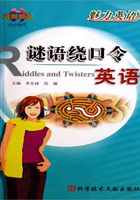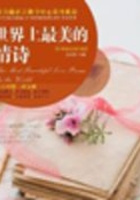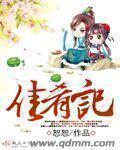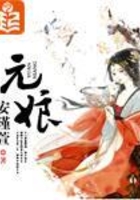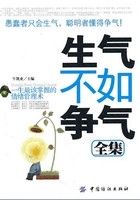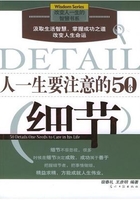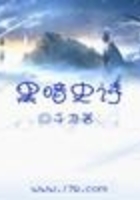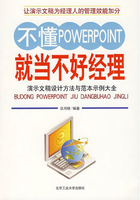Of Youth and Age
?弗朗西斯·培根 / Francis Bacon
A man that is young in years, may be old in hours, if he have lost no time. But that happened rarely. Generally, youth is like the first cogitations, not so wise as the second. For there is a youth in thoughts, as well as in ages.
And yet the invention of young men, is more lively than that of old; and imaginations stream into their minds better, and, as it were, more divinely. Natures that have much heat, and great and violent desires and perturbations, are not ripe for action, till they have passed the meridian of their years; as it was with Julius Caesar and Septimius Severus...
Young men are fitter to invent, than to judge; fitter for execution, than for counsel; and fitter for new projects, than for settled business. For the experience of age, in things that fall within the compass of it, directeth them; but in new things, abuseth them.
The errors of young men, are the ruin of business; but the errors of aged men, amount but to this, that more might have been done, or sooner. Young men, in the conduct and manage of actions, embrace more than they can hold; stir more than they can quiet; fly to the end, without consideration of the means and degrees; pursue some few principles, which they have chanced upon absurdly care not to innovate, which draws unknown inconveniences; use extreme remedies at first; and, that which doubleth all errors, will not acknowledge or retract them; like an unready horse, that will neither stop nor turn. Men of age object too much, consult too long, adventure too little, repent too soon, and seldom drive business home to the full period, but content themselves with a mediocrity of success. Certainly it is good to compound employments of both; for that will be good for the present, because the virtues of either age, may correct the defects of both; and good for succession, that young men may be learners, while men in age are actors; and, lastly, good for extern accidents, because authority followeth old men, and favor and popularity, youth. But for the moral part, perhaps youth will have the pre-eminence, as age hath for the politic.
假使一个人不曾虚度年华,即使年岁不大也可表现得成熟老练,只不过此种情况甚少。深思未必出自风霜,岁月同样可见年轻,可一般的青年毕竟谋划不过长辈,智慧也不及他们少年老成的同龄人。
但青年的创造性是更为丰富的,想象力也如涌泉一样奔放灵活,这似乎更得益于神助。天性刚烈、心怀热望、情绪敏感的人,未历经中年时行事总是青涩,恺撒和塞维拉斯即为例证……
青年擅长创造却缺乏判断,擅长行动却缺乏商讨,擅长革新却缺乏对经验的借鉴。日积月累的经验可以引导他们掌握旧事物,但也会遮住他们看见新事物的视线。
青年人犯错往往毁坏大局,而老年人的错则是迈步太小或行动太缓。无论谋事还是操行,青年都好高骛远,基调高,动幅大,好走极端;他们藐视前例,目空一切,革新的勇气绰绰有余,却欠方式和分寸上的考虑,结果反而招致意外的麻烦。他们犹如不羁的野马,行事极端而不自知自救,一旦起步犯错,就泻至千里,不可复回。老年人则顾忌太多,议论过长,宁求安稳,不愿冒险,总是满足于成绩平平而不向往极致的辉煌。毫无疑问,最好是将两者特点结合。就现在来说,青年和老年可以互相取长补短。就发展来说,老年人是主事者,而青年人可以学习取经。最后就社会来说,老年人以权威之姿指引方向,青年人则能振奋民心、鼓舞士气。如果从政治上讲,老年人的阅历是珍贵的,那么,青年人的纯真则在人性中熠熠闪光。
1. A man that is_______in years, may be old in hours, if he have lost no_______. But that happened rarely. Generally, youth is_______the first cogitations, not so wise as the second. For there is a youth_______thoughts, as well as in ages.
2. Young men are_______to invent, than to judge; fitter for execution,_______ for counsel; and fitter for new projects, than for settled_______. For the experience of age, in things that fall within the compass_______it, directeth them; but in_______things, abuseth them.
1. 假使一个人不曾虚度年华,即使年岁不大也可表现得成熟老练。
2. 深思未必出自风霜,岁月同样可见年轻。
3. 天性刚烈、心怀热望、情绪敏感的人,未历经中年时行事总是青涩。
1. ...are not ripe for action.
ripe for:时机成熟的
2. Young men are fitter to invent, than to judge.
fitter to:适当的;胜任的

